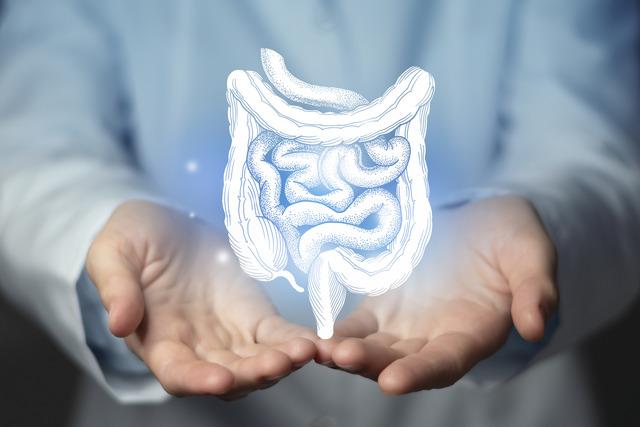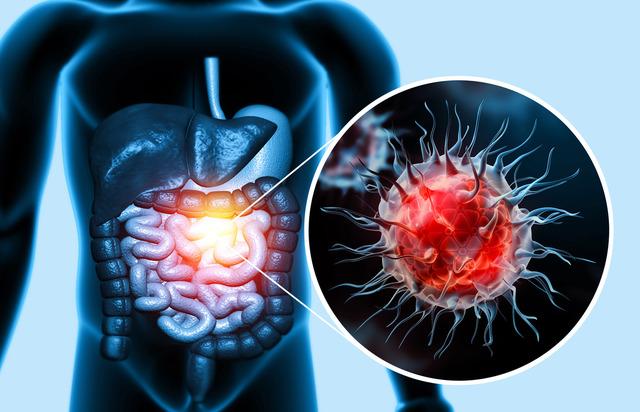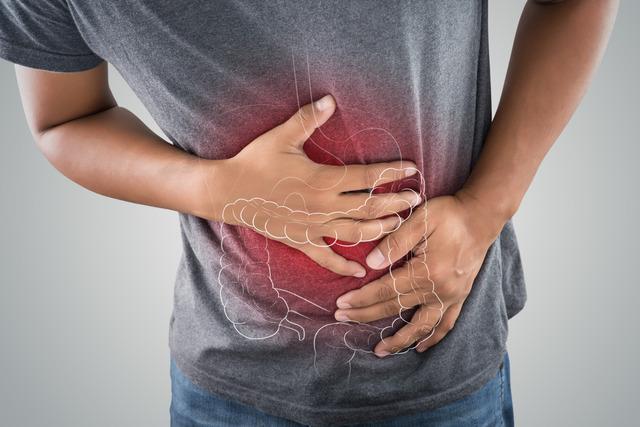Experts stated that bacteria and viruses that multiply due to hot weather in the summer months trigger water and food-borne infections and increase diarrhea and vomiting cases, and that if vomiting, muscle pain and fever are not accompanied by diarrhea, the disease can be overcome by consuming probiotic foods such as yogurt and drinking plenty of water.
Experts explained the causes, symptoms, treatment methods and precautions to be taken to protect against these diseases due to the increased diarrhea and vomiting cases in the summer.
President of the Turkish Pediatrics Association, Child Health and Diseases Specialist Prof. Dr. Haluk Cezmi Çokuğraş said that the increase in diarrhea cases every summer is a situation they have observed for a long time.
Çokuğraş pointed out that there are many reasons for the increase in diarrhea cases and listed them as follows:
“Diarrhea usually occurs due to food because in the heat, food can spoil more easily or germs can grow in it. Diarrhea can also occur due to water. The cleanliness of water is of course extremely important. In the summer, people travel more, go to holiday resorts, go from one place to another by bus or other means. They eat and drink more outside. All of these can be a natural source of infection. There is even a type of diarrhea we call tourist diarrhea, which is more common in people who travel. Apart from this, if it is not clean, it can be very easy for germs to spread from the sea or pools.”
INTESTINAL PROBLEMS MAY CONTINUE
Stressing that diarrhea can be seen in both adults and children, but that it affects children more, Çokuğraş noted that it is often accompanied by vomiting and sometimes even fever.
Prof. Dr. Çokuğraş stated that symptoms such as decreased desire to eat, loss of appetite, and weakness can be seen in children, and that this situation usually lasts a few days, but sometimes the process can take a little longer.
Çokuğraş, who drew attention to the fact that these diarrheas are mostly caused by rotavirus, adenovirus or similar viruses, said, “Even after the diarrhea has passed, some intestinal problems can continue for a while. Because this diarrhea damages the absorbent cells in the intestines, which we call villi. In other words, since the inner surface and mucosa of the intestines are damaged, some intestinal complaints can sometimes continue for a long time until these are renewed.”
“WE USE ANTIDIARRHEA MEDICINE AND ANTIBIOTICS”

Çokuğraş stated that in case of diarrhea, the cause should first be determined and suggested, “The first thing we will do in a child with diarrhea is to try to get the child to drink fluids. Because the most important problem that diarrhea can cause is fluid loss and dehydration. Therefore, if possible, it is very beneficial to drink fluids orally (this can be water or salty ayran) frequently.”
Çokuğraş stated that it can be difficult to take fluids orally when vomiting accompanies diarrhea, and continued as follows:
“We do not like to use too many medications in patients with diarrhea and vomiting. We do not use antidiarrheal medications. Because we want the toxic material formed in the intestines to be eliminated as soon as possible, but while doing this, we try to support the child with oral fluids. These have electronic solutions. Children can be given them orally, but sometimes the child’s diarrhea and vomiting can be so severe that they cannot take anything orally. In that case, it may be necessary to give them a serum and observe them in the hospital for a while. Dehydration is a very important risk for children. Especially babies under 1 year old, 2-3-4-5 months old are at risk in terms of dehydration. We need to be more careful with these. If there is a lot of vomiting and the cause of this vomiting is gastroenteritis, perhaps short-term oral antiemetic medications can be tried, but we definitely do not use antidiarrheal medications. Adding probiotics to the diet would be very beneficial. A probiotic should be given to help the intestines recover faster, to eliminate diarrhea or later intestinal symptoms, and to help the intestines recover. We do not give antibiotics for diarrhea. “There are some special cases where we give it. For example, we use it when there is typhoid or a similar bacterial infection.”
IF THESE SYMPTOMS ARE ALONG WITH DIARRHEA, BE CAREFUL!

Assoc. Prof. Dr. Alihan Oral noted that diarrhea can occur in situations where hygiene conditions are not met, such as consuming foods such as fruits and vegetables washed with dirty water or entering unclean pools.
Oral stated that diarrhea is a self-limiting disease and usually stops within 1-2 days, and underlined that sometimes more serious cases can be encountered when fever, nausea and vomiting are added to it or when fluid and drug treatment do not provide benefit.
Assoc. Prof. Dr. Oral, drawing attention to the fact that diarrhea is seen in all age groups but children are affected more, said, “These are generally viral diseases. The agents are viruses. The reason why it affects children more is that children cannot drink plenty of fluids or there are times when they cannot express their needs, and therefore dehydration, which is called fluid loss, will be more important for children. Serum may usually be needed, and fluid support must be provided.”
Oral, who stated that there were patients complaining of diarrhea at a similar rate this summer as in previous summers, said, “If those who caught the disease have only simple diarrhea, we do not pay much attention, but if there is fever, widespread muscle pain, a lot of diarrhea, low blood pressure due to fluid loss, they should definitely see a doctor. The doctor will evaluate their condition. Since it is usually viral, it can actually be cured without antibiotics. Patients can recover within a few days with medication that slows down the diarrhea and reduces nausea, which we call symptomatic, and plenty of fluids, but if it has lasted more than 3, 4, 5 days, they should definitely see a doctor.”

Oral underlined that hygiene should be taken into consideration in order to avoid diarrhea, and noted the following:
“Fruits and vegetables should be washed thoroughly. Food should not be bought from outside or from places you are not sure about and eaten. Water is important, we should not drink water whose source we do not know. Drinking bottled water or water boiled at home is the most logical thing to do. If you do not use bottled water, it would be beneficial to use purified water. Toilets are important. Especially in public places, there is a lot of contamination from toilets. In fact, it would be sufficient to ensure hygiene there as well. If the water you drink is hygienic, if the person pays attention to their hygiene, washes their fruit and vegetables well, and buys their food from a safe place, it is not a disease we expect very much.”
Assoc. Prof. Dr. Oral noted that there was an increase in diarrhea cases at the expected rate, as every summer, and said, “If diarrhea is not accompanied by vomiting, muscle pain, fever, there is actually no need to see a doctor. In these cases, this situation can be overcome by consuming foods such as yogurt and kefir, which we call probiotics, and drinking plenty of water.” (AA)
